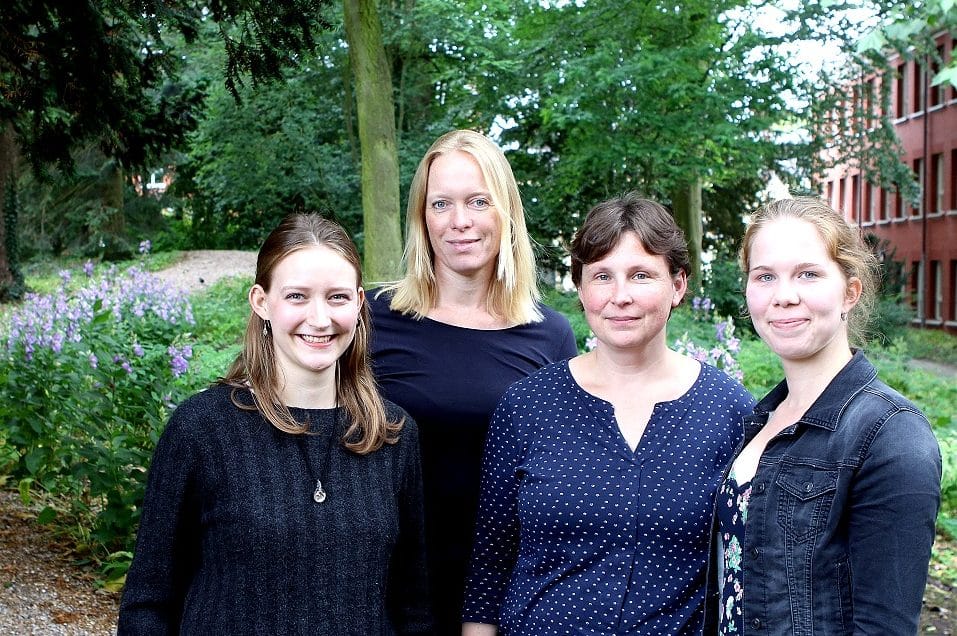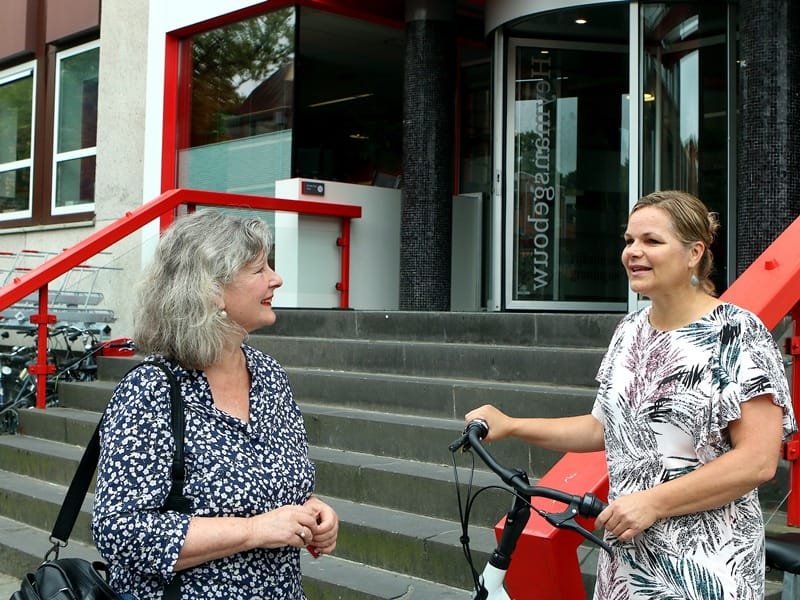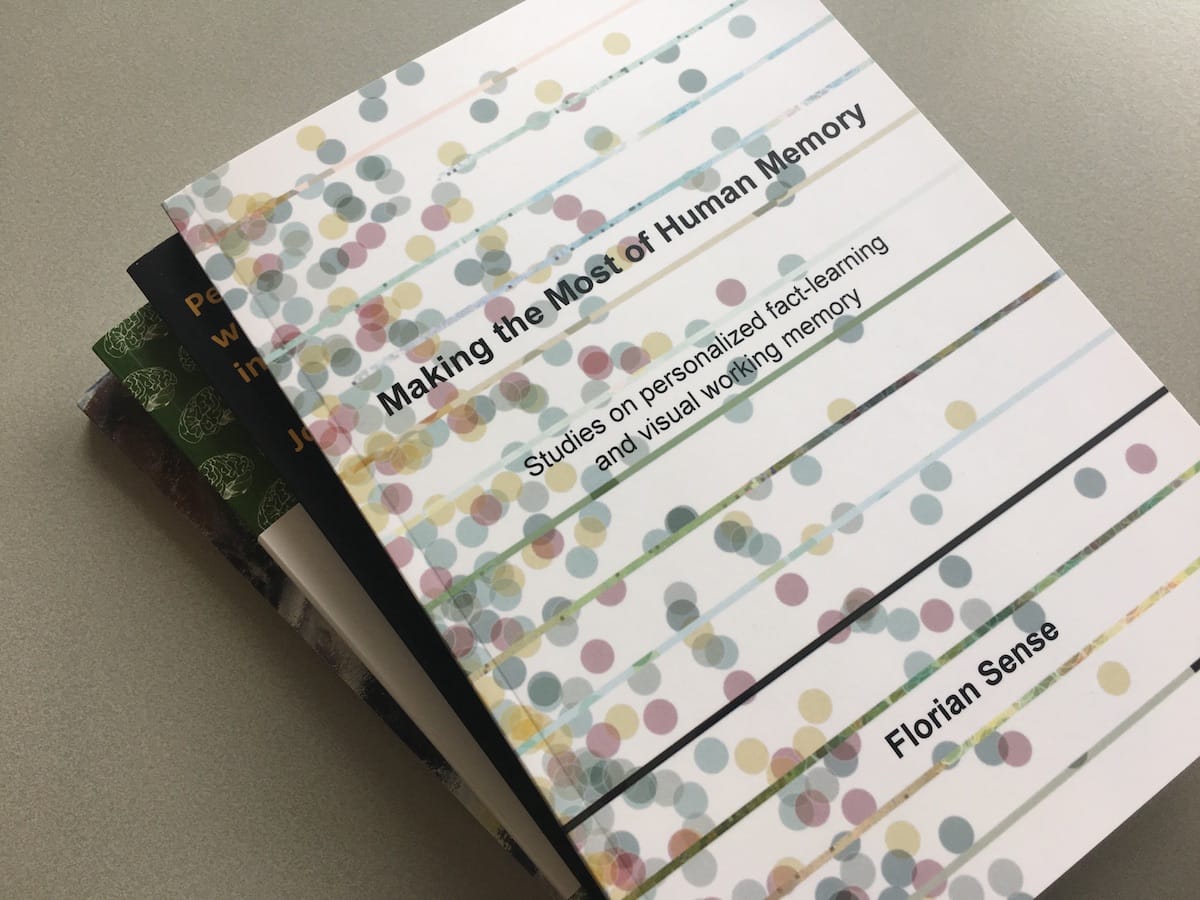Christmas and New Year are here again. In terms of happiness, often a joyful time of the year. However, for some, not so much. Fortunately psychology can give insight into what may improve your mood during this period. Besides, I offer some suggestions for research papers that should make your work or study break more fun. Happy holidays!
This blog was not supposed to be an analysis of contemporary research methodology. Nevertheless, it became one when I discovered how much information we lose in psychology because of one simple question.
You might think that whoever refers to their research as a relationship partner must have a twisted sense of romance or a strange method of conducting research. But let me explain…and let us start at the beginning: with my first date.
After 2.5 years only 11% of the refugees who arrived in the Netherlands in 2014 have found a paid job. Together with The Hague Process, researchers and students from the RUG are investigating the challenges refugees face when finding a job and are developing a training to prepare Dutch employers to hire and integrate new refugees. Society and science can learn from each other.
Clinical psychology training centers around the scientist-practitioner model, which posits that psychologists working in mental health care (MHC) should combine clinical practice (i.e., assessment, diagnosis, and treatment of people with psychological problems) with scientific research (e.g., participating in clinical trials of new psychological therapies, conducting literature reviews). Yet MHC institutes may also employ psychologists whose primary task is setting up and executing clinical research.
When I started my studies, I soon found out what I wanted to do in life: research. Finding my subject of interest seemed to be much harder and for a moment it looked like I was going a complete different direction. But I came back.
Being a student is a mindset. A mindset characterized by curiosity and a willingness to ask questions and learn. We should all be students, always. It will make it easier to dare branching out and it will make us more approachable as collaborators.
If you live long enough, you are bound to experience the death of a loved one. For many, this is the most stressful life-event ever encountered. While most people gradually adjust to their loss, a minority develop severe, enduring, and disabling grief symptoms. How should such ‘complicated grief’ be treated?
Researchers have an extremely high level of expertise within their domain. However, relying on this domain-specific expertise alone might not always be enough to advance a given research areas. Instead, collaboration various different researchers from virtually any domain can improve our work immensely.
Last month, Marieke Timmerman gave her Inaugural Lecture at the University’s Academy building, laying out her academic vision and presenting an overview of her research work. We asked her to write an article inspired by her lecture, so we can share it with Mindwise readers. – ed. Psychology seems to be in crisis. Alarming messages […]










